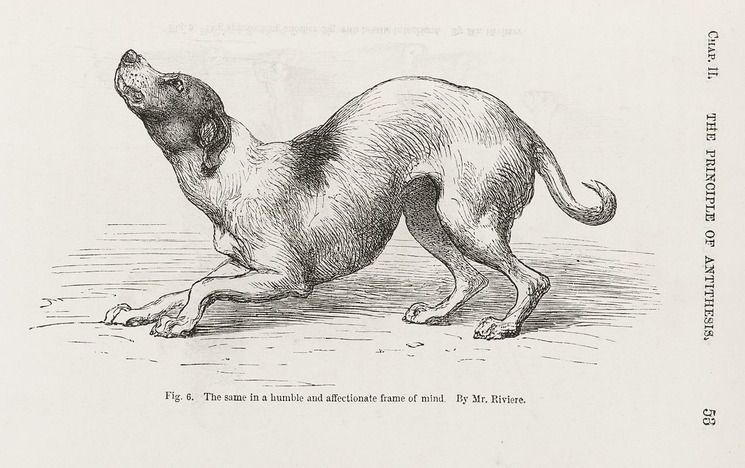Animal Passions

Animal Passions is funded by a Philip Leverhulme Prize from the Leverhulme Trust, and its principal investigator is Dr Will Abberley, Senior Lecturer in English. The project interrogates the role of emotions in the construction of Victorian scientific authority. The Victorian period is often characterised as a time when modern scientific identities were crystallized in Britain via the ascent of a community of “scientific naturalists” who linked their agnostic secularism with supposedly dispassionate appraisal of “objective” material realities. Such images of cold-blooded scientists aligned with reconfigurations of religion and the arts and humanities as “subjective” realms that revolved around the inner worlds of human experience.
Animal Passions problematizes this neat story, contending that emotions were frequently central to Victorian scientific identities and self-fashioning. Focusing on the hybrid form of natural history writing, which blurred the lines between science and literature and acted as a platform for enquirers to assert their authority, it examines how naturalists modelled emotional norms and accused their opponents of violating these norms.
The research suggests that the ideal Victorian naturalist balanced active curiosity with a more passive wonder, interspecies sympathy with objectifying possessiveness, and intrinsic interest with a zealous sense of moral purpose or vocation. It is argued that Victorian naturalists’ codifying and modelling of emotional norms advanced their claims to a general cultural authority that was broader than contemporary models of scientific knowledge as amoral, technical expertise. Seeking to intervene in moral and political debates as well as strictly scientific ones, these individuals presented themselves as sages and visionaries as well as methodical empiricists. Their examples thus offer new angles for thinking about science’s uncertain relations with politics and ethics in the present world.